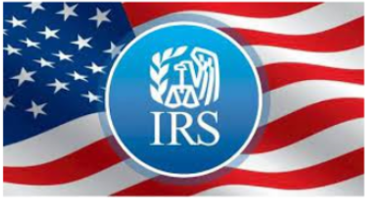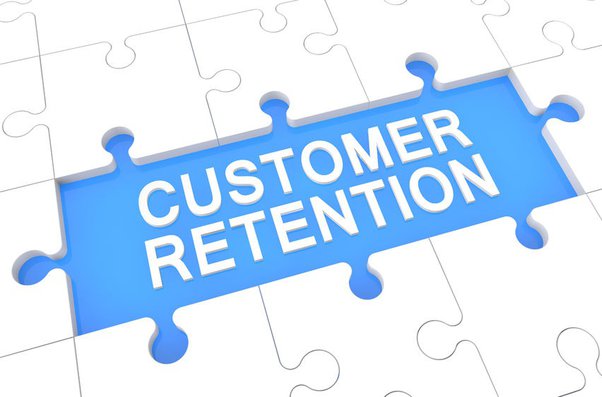
What is IRIS?
![]() The Affordable Care Act was signed into law March 23, 2010 and took effect
in 2014. Since tax year 2015, the IRS has required businesses with 50 or
more employees to file 1095-C forms and requires health insurance providers
to prepare 1095-B forms. Data is collected through a system called AIR which
stands for Affordable Care Act Information Returns.
The Affordable Care Act was signed into law March 23, 2010 and took effect
in 2014. Since tax year 2015, the IRS has required businesses with 50 or
more employees to file 1095-C forms and requires health insurance providers
to prepare 1095-B forms. Data is collected through a system called AIR which
stands for Affordable Care Act Information Returns.
Talk to any IRS agent who worked behind the scenes developing the 1095 AIR
intake system and you can listen to their pride. The IRS fell in love with the
1095 forms and are modeling their new 1099 Information Returns Intake System
or IRIS platform after the success of the 1095-B and 1095-C forms.
Here are changes that are coming:
Transmitter Control Code (TCC): You need to apply for a TCC number in order to
file 1095 forms to the IRS. The application process takes about 45 days to complete
and requires at least two responsible officials from the business to be on the
application at all times. If one responsible official leaves that business, then the
other responsible official can remove them from the application and add someone new.
You have to submit a series of test files to complete the application process
and become a transmitter of 1095 forms.
The new 1099 IRIS system will require the same steps. At least two responsible
officials from that business will be on the TCC application at all times. If
one responsible official leaves that business for whatever reason, then the
other responsible official can remove them from the TCC application and add
a new responsible official. Test files will be developed and required.
XML Schema: The IRS used for almost two decades a fixed-width file format
discussed at length in Publication 1220. The IRS never liked the fixed-width
file specifications because it limited how long a name, street address or city
field could be. The current code looks something like the below:
NATIONAL SOFTWARE INCORPORATED 1345 E CHANDLER BLVD SUITE 209 PHOENIX AZ85048
where the name is contrained by a single line of fixed length. Foreign address are
often very long and extremely difficult to handle using the current system.
The new XML code will look a lot like the 1095 XML schema where the address will look like
this:
XML Validation: One positive to creating XML is the opportunity to validate the XML
generated against the schema provided to verify that each and every field is well
formed and valid. Many software companies like 1099FIRE can easily validate XML
schema before submitting to the IRS to make sure its acceptable.
TIN Matching: TIN matching verifies that the name used matches the taxpayer identification
number. The IRS doesn't tell you what the correct TIN is; only whether the name/TIN
combination provided matches the IRS records.
Very few clients who submit 1098, 1099, 3921, 3222, 5498 or W-2G forms
give much attention to TIN matching. And why would they? The IRS has not pressed
payers for valid taxpayer identification numbers of their recipients. Instead the IRS
only requires that a payer submit a file without too many missing TINs. Very few payers know
about or take advantage of the IRS TIN matching service.
Very few employers who submit 1095 forms don't know about TIN matching. Every
employee record you submit along with their dependents is double checked through
IRS TIN matching. The most common file status when submitting 1095 forms is Accepted
With Errors with one or more of the following errors listed:
'PersonName' and 'SSN' in 'EmployeeInfoGrp' must match IRS database.
or
The Information Return 'IndividualName' and 'SSN' within 'IndividualGrp' must match the
IRS database.
Accepted With Errors means the XML file structure is well formed and valid but specific
errors like this that highlight that the name/TINs do not match IRS records are very common.
The IRS pushes employers to find the correct SSNs for recipients and boldly states that if
you can't find a valid SSN for an employee that you should stop employing them. Payers
submitting 1099 forms will undergo this same scrutiny and the IRS will encourage payers to stop
doing business with people they can not find a valid SSN for.
Big changes are coming. 1099FIRE is ready! Call or email us for more information.







